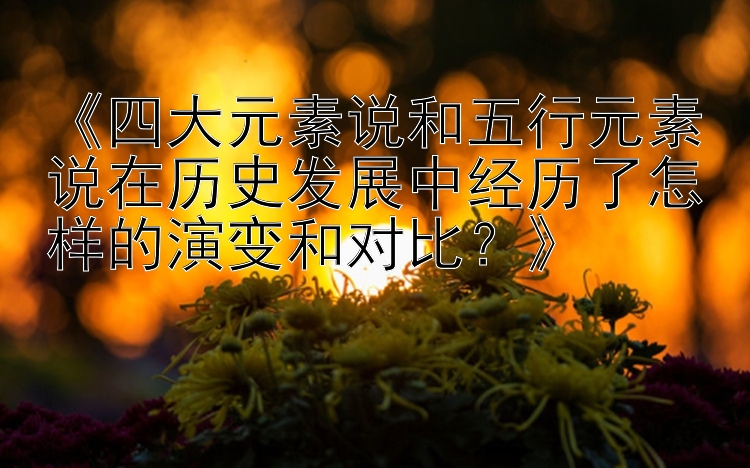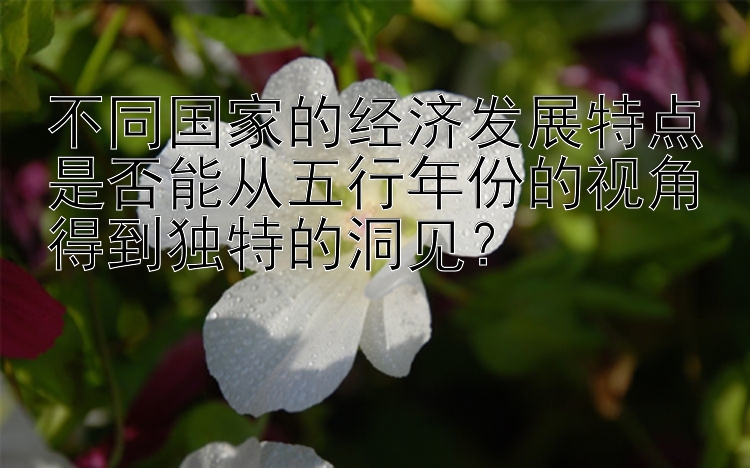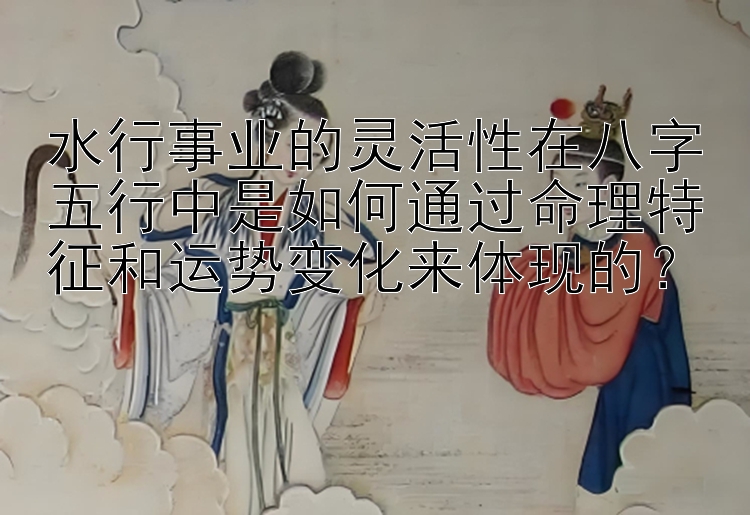五行是如何起源的?
在古代中国哲学中,“五行”是一个核心概念,它指的是金、木、水、火、土五种元素。这五种元素 were not only seen as fundamental components of the universe but also as metaphysical principles that governed all aspects of life. The concept of the Five Elements is deeply rooted in Chinese culture and has influenced various fields, including philosophy, medicine, astrology, and even cuisine. Let's delve into how this profound system came to be.
The origins of the Five Element Theory can be traced back to ancient philosophical texts such as the I Ching (Yijing), which was compiled around the 10th century BCE during the Zhou Dynasty. In these early writings, the elements were described primarily in terms of their observable manifestations in nature and their relationships with one another. For instance, it was observed that fire melts metal, metal shapes wood, wood feeds fire, and so on. These natural interactions led to a deeper understanding of the dynamic interplay between the five elements.
Over time, the theory evolved beyond mere observation and became infused with more abstract concepts of change and transformation. Philosophers began to see the elements as representing different stages or phases in the cycle of creation and destruction. Each element was associated with specific qualities: Metal represented restraint; Wood symbolized growth; Water stood for flow and adaptability; Fire embodied energy and passion; Earth represented balance and nourishment. This symbolic interpretation allowed for a richer and more nuanced understanding of the world around us.
Furthermore, the Five Elements were integrated into traditional Chinese medical practices, where they correspond to certain organs, emotions, colors, and flavors. In the realm of astrology, each year is assigned an animal sign according to the zodiac, and within that year, there are also cycles of the five elements—each adding its own characteristics to the animal sign. Thus, a person born under a particular combination of zodiac sign and element would have a unique destiny and personality traits attributed to them.
In summary, the origin of the Five Elements lies in the observations of the natural world and the subsequent development of a complex theoretical framework that sought to explain the underlying patterns and processes at work. It is a testament to the depth and breadth of ancient Chinese thought, providing insights into the interconnectedness of all things and the ever-changing dynamics of the cosmos.








